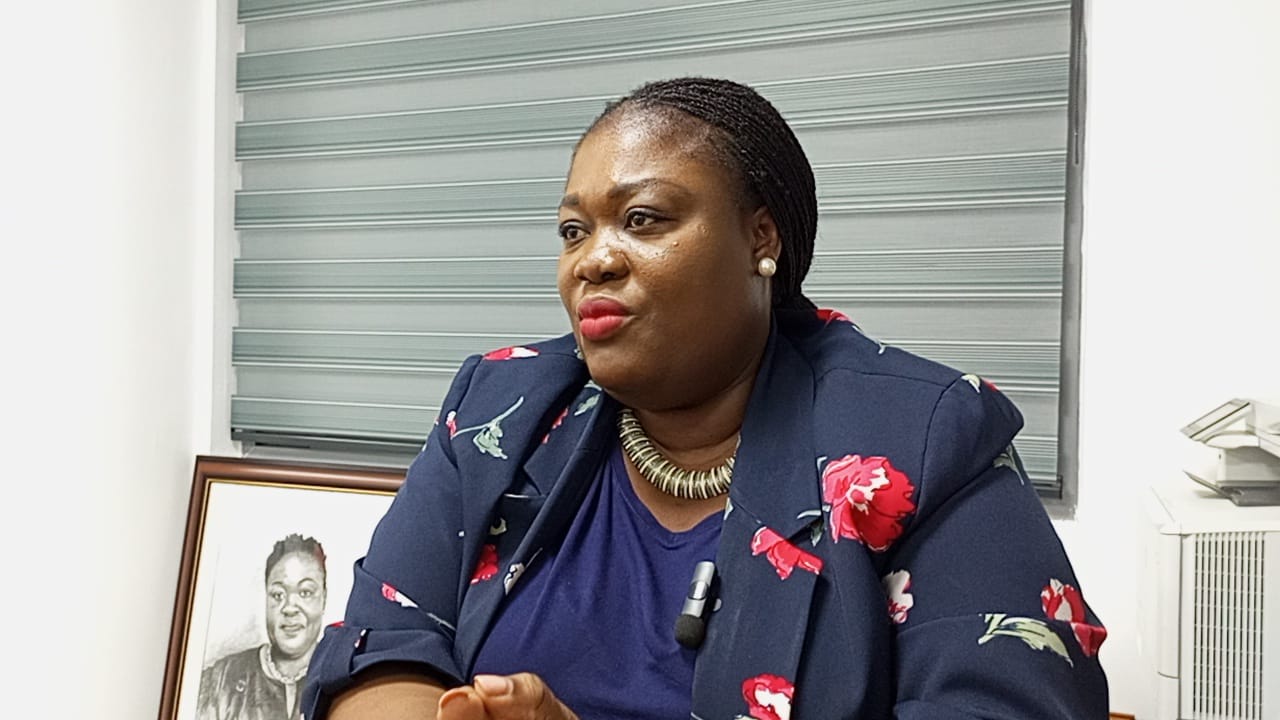adverts
VIDEO: Granting bail to Democracy Hub protesters not automatic right- Deputy AG clarifies
The Deputy Minister of Justice and Attorney-General (AG), Diana Asonaba Dapaah, has clarified that granting bail to the Democracy Hub protesters is not an automatic right, despite the presumption of bailability under the Ghanaian Constitution.
In an interview with Puretvonline.com, Madam Asonaba explained that while the Constitution of Ghana recognises the presumption that all offences are bailable, the discretion to grant bail lies with the police or the courts, based on the information and evidence available against the accused.
She noted, for instance, that one of the anti-galamsey protesters named Grace Asantewaa, who participated in the demonstration with her child, was initially granted police inquiry bail due to her child’s involvement, but she subsequently absconded, and efforts to locate her are still ongoing.
adverts
Her comments follow public outcry and demands from concerned individuals and groups, both here and abroad, for the release of the arrested anti-galamsey protesters. So far, 52 individuals affiliated with Democracy Hub remain in police custody.
Madam Asonaba underscored that various factors are considered before bail is granted, including what she referred to as “flight risk,” which assesses the likelihood of the accused fleeing once bail is granted.
Citing Article 12(1) of the 1992 Constitution of Ghana, she reminded the public that “the fundamental human rights and freedoms enshrined in this Chapter shall be respected and upheld by the Executive, Legislature, and Judiciary, and shall be enforceable by the courts.”
However, she emphasised that these rights are not absolute and are subject to respect for the rights and freedoms of others, as well as the public interest.
The Deputy A-G expressed concern over the frequent misinterpretation of constitutional provisions by some Ghanaians, warning that this could lead to justifications for unlawful actions without regard for the full scope of the legal framework.
According to her, the protesters’ actions exceeded their constitutional right to peaceful demonstration and infringed upon the rights of others, which led to their lawful arrest.
She referred to the Public Order Act, 1994 (Act 491), which governs the legal procedures for organising protests in Ghana.
Per Section 1 of the Act, individuals or groups intending to hold a demonstration are required to notify the police at least five days in advance, providing details such as the venue, nature of the event, proposed route, and time of commencement. The police have the authority to request postponement or relocation if there are reasonable concerns about public safety, potential violence, or disruption to others’ rights.
Additionally, Section 3 of the Act imposes liability on protesters for any damage caused to public property and mandates that they comply with police directives to ensure public order.
Madam Asonaba noted that the Democracy Hub protesters failed to meet these legal obligations, thereby justifying the actions taken by law enforcement.
“The law is clear. The right to protest does not include obstructing traffic or causing public disorder. If these protesters had not violated the law, anyone disputing their arrest can challenge me, and the government will release them,” she asserted.
Madam Asonaba reiterated that bail is not guaranteed, particularly for individuals who present a risk of absconding once released.


